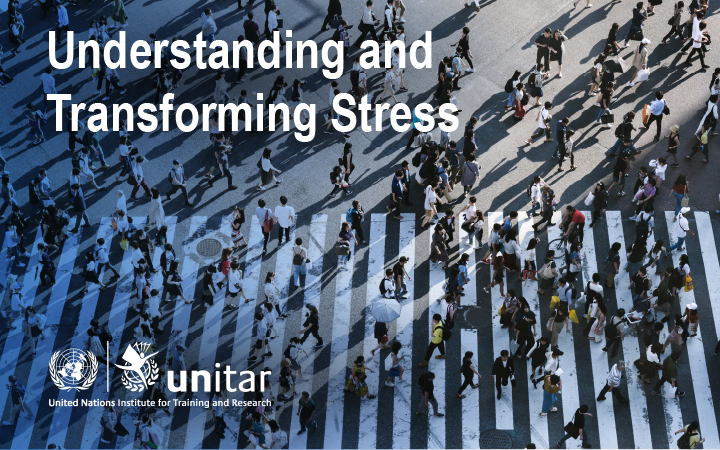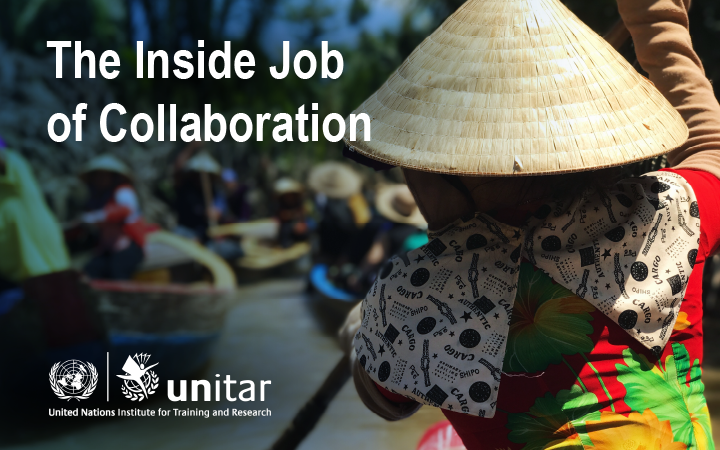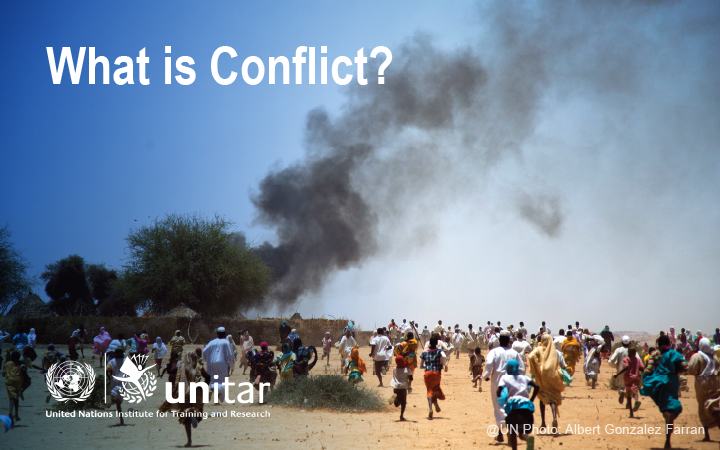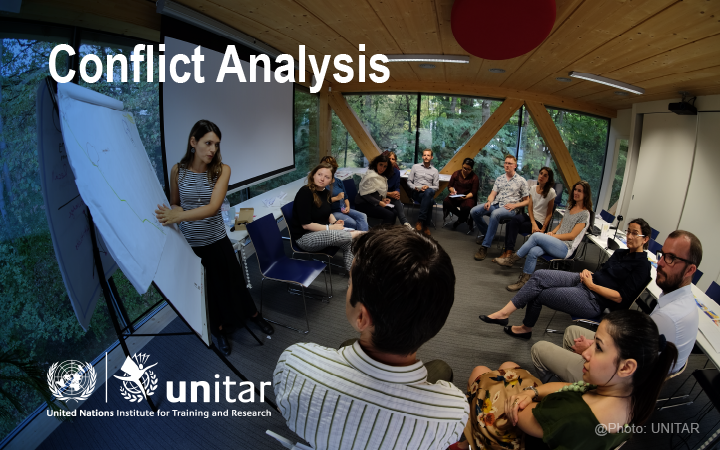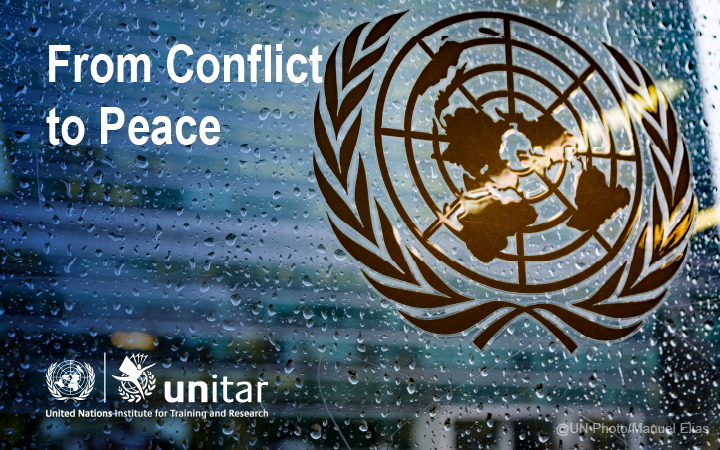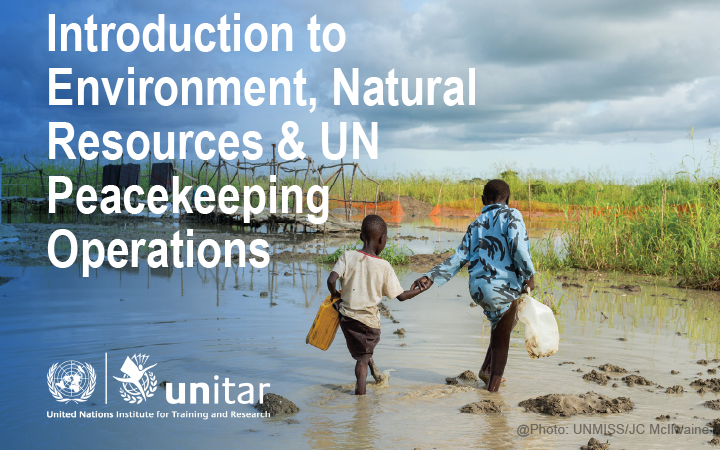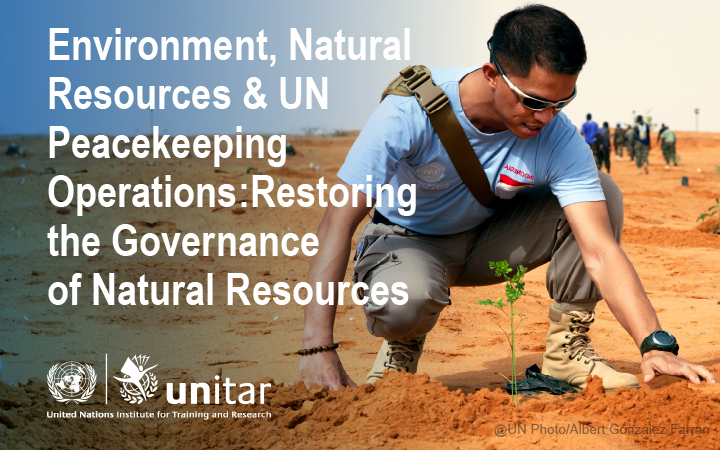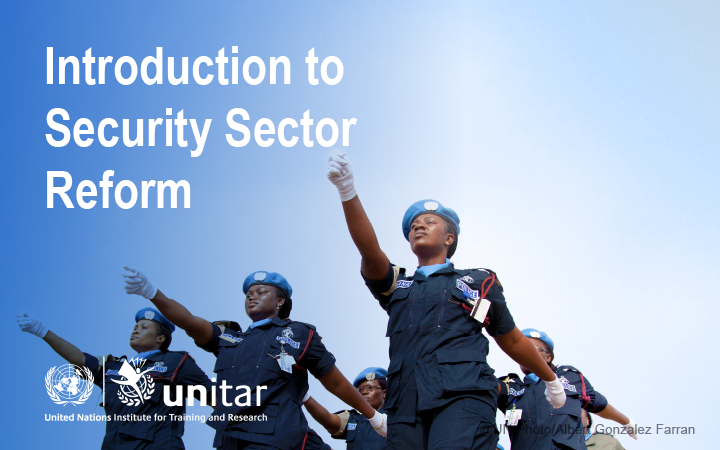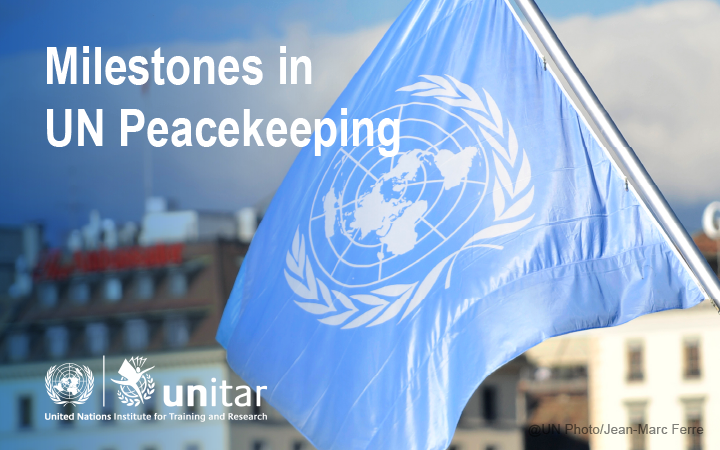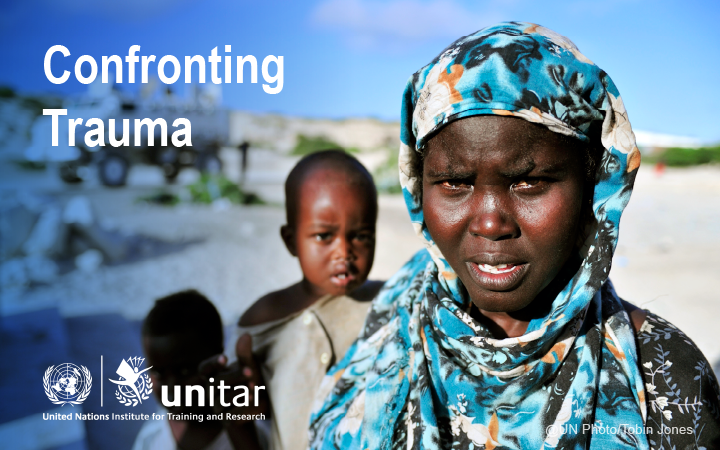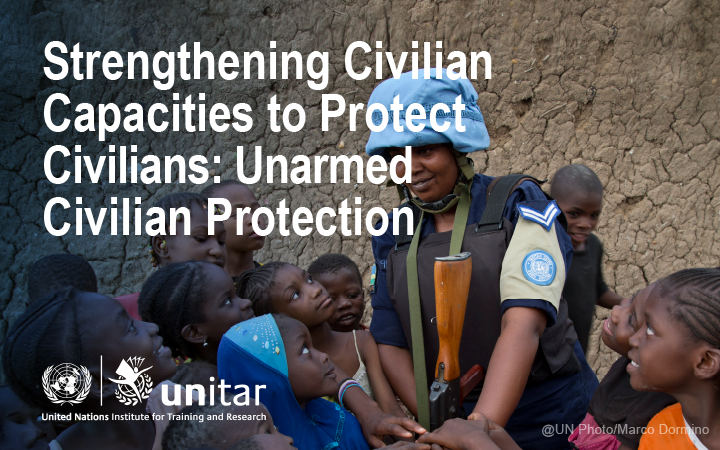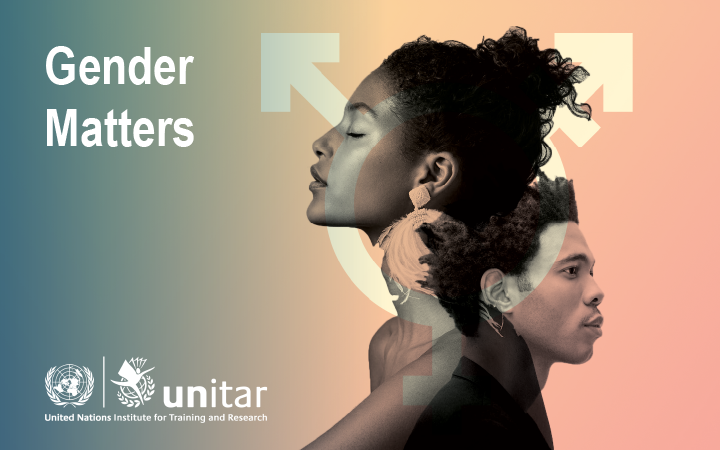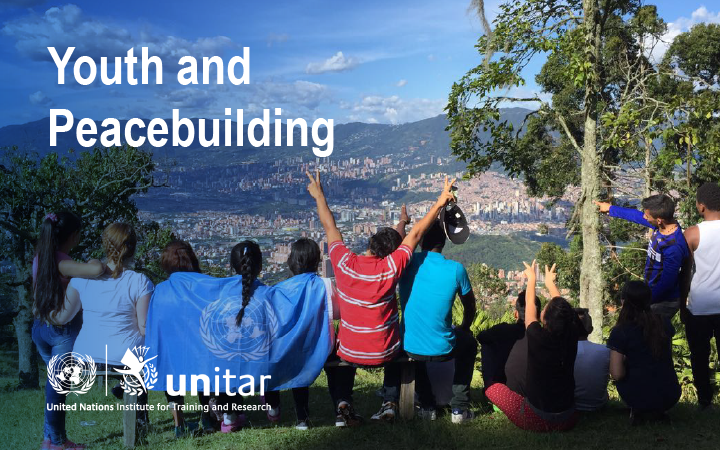To access a course and start learning now, please click on the course name.
Wellbeing for Peace Series
1. Understanding and Transforming Stress
Whilst many individuals and organisations all over the world strive for social impact and contribution, an increasing number of people working towards such causes are suffering from burnout, stress, depression and lack of fulfilment and meaning in the workplace. Ultimately this hurts not only those individuals and organisations but also those very social causes which they are working towards, hence underlying the importance of the role which inner work has to play when it comes to creating effective and impactful change in the world. At UNITAR we are working towards creating a series of online and face to face offerings to enable change agents, humanitarian workers and other helpers to increase their inner wellbeing so that they contribute to a better and more peaceful world in a more effective and sustainable way.
This course is the first of the series. As you have cared so much for others, let us help you embark on the journey of taking care of yourself!
2. The Inside Job of Collaboration
In a world with ever-growing complexity, sustainable solutions can only emerge from successful collaboration.
Overall, this course aims to support you to set your relationships for collaboration, even in difficult situations. Collaboration requires to have the capacity to turn inward, tune into one’s own mindset and needs for self-care as well as the capacity to turn outwards by entering productive dialogue and create support systems to effectively function as a team to address the challenges of highly complex and fast changes environments (such as conflict and post-conflict settings). At UNITAR we are working towards creating a series of online and face to face offerings to enable change agents, humanitarian workers and other helpers to increase their inner wellbeing so that they contribute to a better and more peaceful world in a more effective and sustainable way.
This course is the second of the series. As you have cared so much for others, let us help you embark on the journey of taking care of yourself!
Conflict Series
The goal of this course is to provide a basic baggage of knowledge, which can then be expanded by taking further courses in conflict analysis and resolution.
The goal of this chapter is to give the learner a basic understanding of the importance of conflict analysis, and a set of tools and methods to start conducting their own.
The goal of this last chapter is to give the learner a basic understanding of conflict resolution theories and methods.
Environmental Series
1. Introduction to Environment, Natural Resources and UN Peacekeeping Operations
As a direct answer to the Greening the Blue report recommendation, the aim of this training module is to increase the general awareness of key environmental and natural resource concepts among peacekeeping personnel.
The main objective of this training course is to raise awareness of the links between natural resources, conflict, peacekeeping and peacebuilding among relevant peacekeeping staff and those working on planning, drafting and monitoring the implementation of peacekeeping mandates.
Introduction to Security Sector Reform
Security sector reform (SSR) is a nationally-owned process aimed at ensuring that security and justice providers are accountable to the state and its people; deliver effective, efficient and affordable security and justice services that meet the people’s needs; operate within a framework of good governance, rule of law, and respect for human rights; and are legitimate.
SSR addresses a number of problems such as the ineffective provision of security and justice services; the inability of security and justice institutions to deliver their services equally in response to the needs of all groups of society; the lack or absence of independent and well-functioning accountability and oversight mechanisms. The goal of the course is to offer an overview of the concept of SSR, highlight the key SSR actors and their roles and outline the implementation of SSR programmes.
The goal of the course is to provide a panoramic overview of the pivotal events in the history of UN peacekeeping that have shaped its present form.
The overall aim of this module is to introduce the international humanitarian, development and UN communities to the large unmet need for psychological trauma care and therapy.
It starts by describing the different types of stress and trauma and the dire consequences these can have. After the description of the magnitude of the problem, the module then presents some recent innovations in the field of psychology that have opened up dramatic new possibilities, which hold the promise of an effective response at scale. Going to scale, in turn, poses new challenges and opportunities to the main stakeholder audiences for this module.
Strengthening Civilian Capacities to Protect Civilians: Unarmed Civilian Protection
The aim of this course is to raise awareness of and increase understanding of the concept of Unarmed Civilian Protection (UCP). It starts by explaining the need for UCP, followed by an introduction to its key principles and methods, and finally describing how it fits into wider protection efforts and global discourses.
This course aims to introduce the notion of gender through different theoretical perspectives. In addition to this theoretical overview, examples of everyday life are given to illustrate that gender is everywhere. The course offers various lenses through which you can look at the complex concept of gender and the inequalities that exist in your environment.
The course enables learners from around the globe to better understand the current situation of youth in complex contexts, their needs, challenges and potential, and to explore possible entry points for young people’s involvement in peacebuilding activities and strategies.
Through two parallel tracks for young people and relevant youth partners in fragile contexts, the course provides participants with the opportunity to develop strategies for youth empowerment, and serves to enhance basic skills that are critical to successfully contribute to peacebuilding processes.


